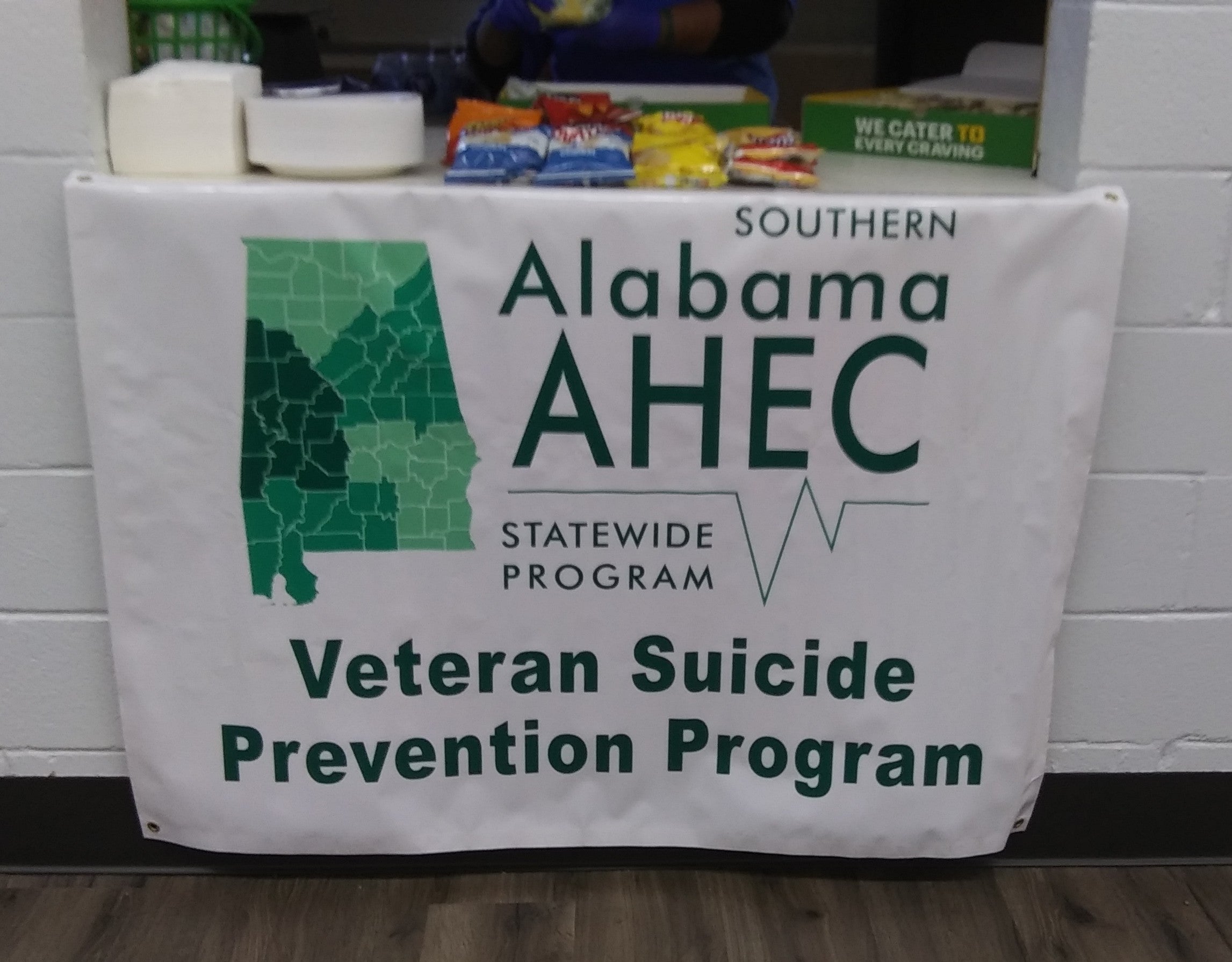Presumptive conditions and the PACT Act
Published 1:23 pm Wednesday, March 29, 2023
|
Getting your Trinity Audio player ready...
|
Many Butler County veterans meet every Wednesday at Beeland Park to discuss various topics of concern to them.
Last week, Army veteran Paul Mitchell, community health worker Laquanda Williams, and veteran Candi Peagler spoke to a dozen military veterans about the Promise to Address Comprehensive Toxics (PACT) Act.
“The full name of the PACT Act is the Sergeant First Class Heath Robinson Honoring our Promise to Address Comprehensive Toxics (PACT) Act,” said Mitchell. “It took a man to die for us to get these benefits.”
Mitchell explained that the act expands Veterans Administration (VA) health care and benefits for vets exposed to certain hazards and substances during their time in service.
Peagler, who is also a case worker for Butler county, helped out with the veterans.
“I’m here as a caseworker, but I’m also a veteran,” Peagler said.
The VA requires a veteran to undergo a toxic screening to determine their eligibility for the presumptive conditions, and are available at VA health facilities
“If you were exposed to burn pits, Agent Orange and other toxic substances, you need to get to the VA and get checked,” Mitchell said.“Every Veteran enrolled in VA health care will receive an initial screening and a follow-up screening at least once every 5 years.
Mitchell continued reading the information to the veterans gathered at Beeland Park.
“Veterans who are not enrolled and who meet eligibility requirements will have an opportunity to enroll and receive the screenings,” Mitchell read.
VA screenings will cover:
- pen burn pits and other airborne hazards;
- Gulf War-related exposures;
- Agent Orange;
- radiation;
- Camp Lejeune contaminated water exposure; and
- other exposures.
According to the Veterans Administration, the new law will impact more than 5 million veterans. The primary function of the PACT Act is to expand health care benefits, reform the VA’s process for adding additional presumptive conditions, and to increase resources to the VA to make sure veterans are being cared for.
“Veterans who served active duty, and training or inactive duty for training. Should get screen,”Mitchell said.
Anyone involved in Operation Enduring Freedom, Freedom’s Sentinel, Iraqi Freedom, New Dawn and Inherent Resolve, as well as the Resolute Support Mission should be screened for toxic exposure.
So far, there are 13 respiratory illnesses and 11 categories of cancers that are included on the list of “Airborne Hazards and Burn Pit Exposures”, with hundreds of more being considered.
Respiratory conditions include chronic bronchitis, emphysema, sarcoidosis, chronic sinusitis and even asthma that developed and diagnosed after service.
The cancers include: head, neck and brain; reproductive; lymphoma; and gastrointestinal as well as pancreatic cancers.
There are several counties listed where the military veteran may have been exposed to toxic chemicals, such as: Iraq, Kuwait, Qatar, Saudi Arabia, Somalia, United Arab Emirates (UAE), Syria, Afghanistan and Egypt. There are more countries currently on the list and more may be included at a later date.
“Agent Orange was used in the Vietnam War,” Mitchell said.
Veterans who served in Thailand, Cambodia, Laos, Guam, American Samoa and Johnson Atoll during the war are now covered under the presumptive policies.
“The side effects can take years to show up,” Mitchell said. “They can be passed down to your children.”
Whether a veteran served on land, sea, or in the air, they can get screened for these presumptive disabilities. For more information call 800-698-2411 (TTY:711), or go visit www.va.gov.
A veteran can also contact the VA facility where they receive their service.






